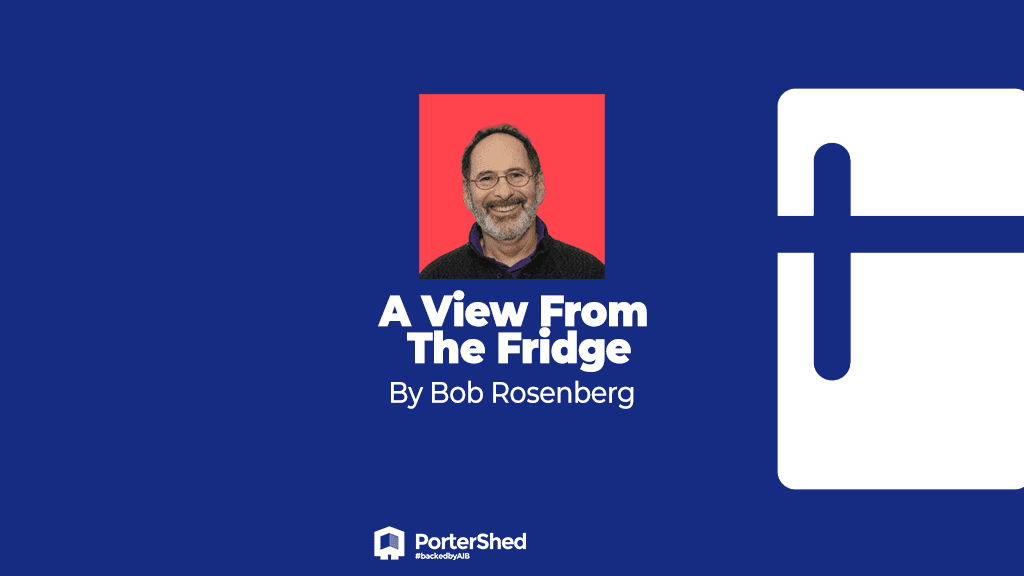Skin in the Game
When was the last time someone urged you to read a book written by a blowhard. Or written by someone who is guilty of everything of which he accuses others? A writer who is arrogant, contrary, and condescending.
Welcome to the world of Nicholas Nassim Taleb.
Taleb is also brilliant, funny, sarcastic, and iconoclastic. He sees it as his job to shake the tree. When he first came onto the scene, Taleb went out of his way to piss all over economists. Which didn’t endear him to anyone in academia. In the latest book, which I’m shilling for today, he goes to great lengths to dump on higher education as a calling, an institution, a business.
Skin in the Game is a further elaboration of Taleb’s theories about randomness, probability, risk, social constructs, and how to live your life more generally. He’s refreshing because he’s neither left nor right, blue nor red. His family hails from the Levant, his parents live in France. For a variety of reasons, he lives in – and supports – the United States. He’s pro-religion and especially pro-entrepreneur. He’s a combination of old-time ethical moralist and modern libertarian. He believes in grandma wisdom and acknowledges that libertarianism involves lots of organization and structure.
His argument for skin in the game – as a citizen, family member, entrepreneur, investor – is part of a line of thinking that began with the romantic notions of human progress in the late 18th century. Nobody reads Carlyle, Ruskin or Arnold anymore, let alone the French philosophers to whom they owe so much – which is why Taleb is a novel perspective for most, a recognition of something deep in our modern sensibility.
He made his money as a trader and criticizes the profession.
And he’s a terrific storyteller, about characters that range from the Babylonian Hammurabi to Fat Tony, his New Jersey mafia buddy. And his magical mystery tour includes stops in Babylon, Boca Raton, Calcutta, Chaldea, and Botswana – and beyond.
Like it or not, if you’re an entrepreneur, you’re part of a fat tail. And if you don’t know what a fat tail is, you need to read this book. If you’re trying to figure out whether you’re an entrepreneur or not, you need to read this book. If you’re thinking of raising money (or investing money), you need to read this book. And if you’ve ever wondered why people spend so much money at Michelin-star restaurants, you need to read this book.
Where else will you learn the following:
Why you might prefer the fat, sloppy surgeon from a third-rate medical school;
Why you should never shoot a gun to the left of the piano player;
Why gyms never look like gyms;
Why the silver rule is more important than the golden rule;
The hidden gotcha in Pascal’s wager; and
Why entrepreneurs are society’s heroes.
Don’t let him frustrate you. His approach is to force you to stare back at your presuppositions, and to annoy you enough to wonder how serious he really is. Taleb boils down the book to the following:
- For social justice, focus on symmetry and risk sharing rather than legislation.
• Ethical rules aren’t universal.
• Minorities, not majorities, run the world (see abortion in the USA).
• You can be an intellectual yet still be an idiot.
• Beware of complicated solutions (that someone was paid to find).
• True religion is commitment, not just faith.
I hope I’ve piqued your interest (if you do Audible, it’s a terrific listen), and I hope you enjoy it as much as I did. Let me know either way. As always, thanks for being there.

Bob Rosenberg
Educator (Associate Professor) / Entrepreneur / Leader of angel
communities /Entrepreneur in residence at PorterShed
and BioExcel / Rarosenberg@gmail.com


